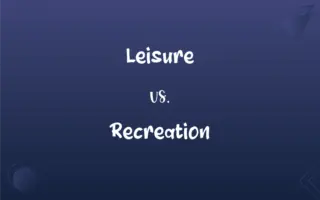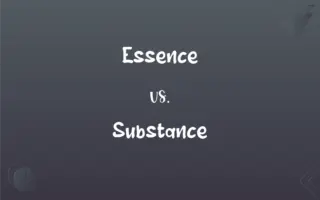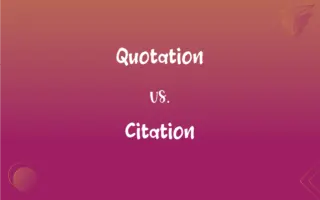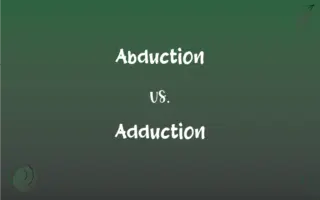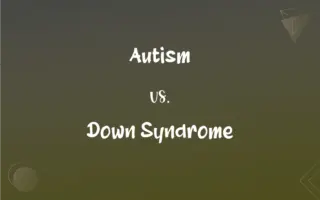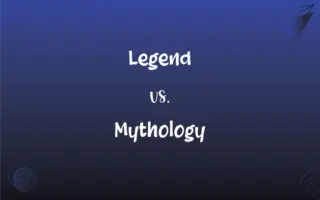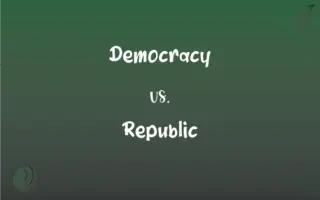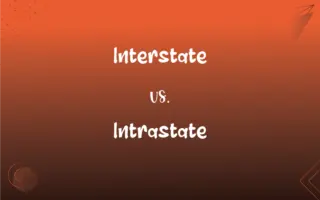Justice vs. Revenge: What's the Difference?
Edited by Janet White || By Harlon Moss || Updated on October 23, 2023
Justice seeks fair resolution based on principles, while revenge is driven by personal vendetta and retaliation.
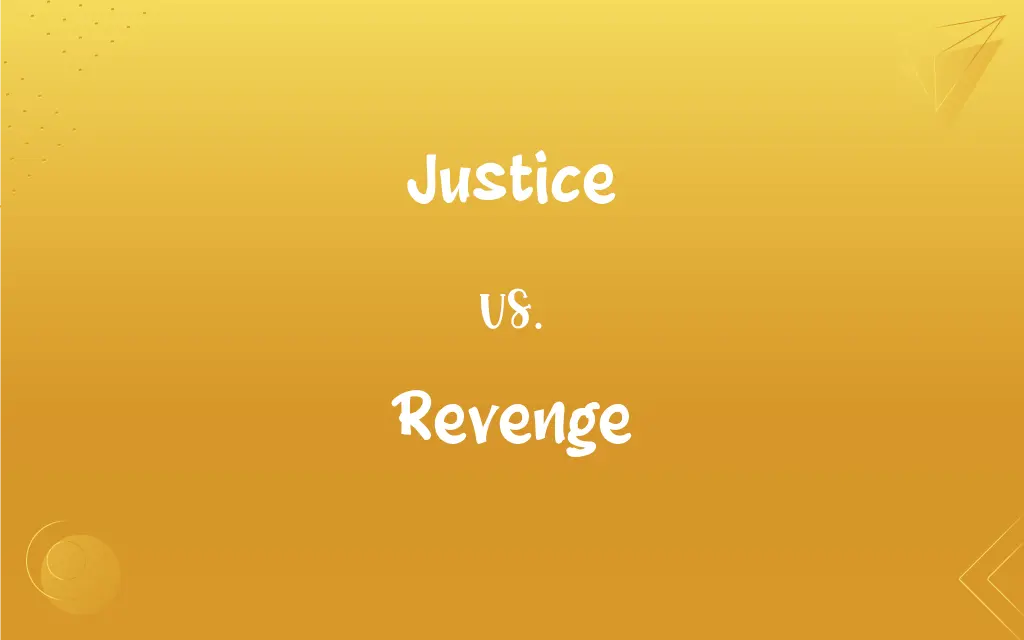
Key Differences
Justice refers to the objective application of law and principles to ensure fairness, equity, and morality in human interactions. It is often administered by institutions established by societies, such as courts, with the aim of maintaining order and rectifying wrongs. Revenge, conversely, is a personal, emotional response, driven by a desire to retaliate for a perceived wrong, often without regard for fairness or broader consequences.
Justice operates within the confines of societal rules, systems, and principles. It strives for equilibrium, ensuring that individuals get what they deserve based on the prevailing standards of right and wrong. Revenge, on the other hand, originates from individual feelings of anger, betrayal, or humiliation, making it inherently subjective. It doesn't necessarily consider the overall good or societal implications.
Justice promotes harmony, reparation, and rehabilitation. It addresses wrongs by considering the larger context, ensuring that outcomes align with societal values, often promoting healing and closure. Revenge is more focused on causing harm or discomfort to the perceived wrongdoer, often escalating conflicts rather than resolving them.
While justice emphasizes the process, ensuring that decisions are made based on evidence, consistency, and fairness, revenge tends to prioritize the outcome, especially if it inflicts pain or suffering on the target. The motivation behind justice is often societal well-being, whereas revenge is fueled by individual emotions and desires.
Comparison Chart
Motivation
Fairness, equity, and societal well-being.
Personal vendetta and retaliation.
ADVERTISEMENT
Basis
Principles, laws, and societal norms.
Personal feelings of hurt, anger, or betrayal.
Objective
Rectify wrongs and maintain order.
Inflict harm or discomfort to the perceived wrongdoer.
Administration
Often by established institutions like courts.
Individual actions without formal oversight.
Outcome Focus
Harmonious resolution and closure.
Pain, suffering, or discomfort of the target.
Justice and Revenge Definitions
Justice
A system by which societal wrongs are addressed.
He believes in the justice system, despite its flaws.
ADVERTISEMENT
Revenge
The act of retaliating for a wrong or injury.
He was consumed by thoughts of revenge.
Justice
The process of ensuring fairness and equity.
The community rallied together, demanding justice.
Revenge
An emotional, often impulsive, reaction to personal hurt or insult.
Revenge, she realized, was not the answer.
Justice
The fair and impartial treatment in accordance with the law.
She sought justice after being wrongly accused.
Revenge
Seeking satisfaction through causing discomfort to others.
The movie depicted a tale of love, betrayal, and revenge.
Justice
The quality of being just or righteous.
The decision was made in the interest of justice.
Revenge
A desire to inflict harm or pain in response to a perceived slight.
Revenge clouded her judgment and actions.
Justice
The act of rectifying or making right.
Justice was finally served when the true culprit was identified.
Revenge
Settling scores without consideration of fairness.
His actions were driven purely by revenge.
Justice
The quality of being just; fairness
In the interest of justice, we should treat everyone the same.
Revenge
To inflict punishment in return for (injury or insult).
FAQs
What underpins the concept of justice?
Justice is underpinned by principles of fairness, equity, and morality.
Can justice be subjective?
While interpretations can vary, justice aims for objective application of law and principles.
How does society ensure justice?
Societies establish institutions, like courts, to administer justice based on laws and principles.
Can revenge bring closure?
While some may feel temporary satisfaction, revenge often perpetuates conflict and lacks true closure.
Are revenge and justice mutually exclusive?
Not always, but justice prioritizes fairness and process, while revenge is emotionally driven.
Are there universal principles of justice?
While specifics can vary, principles like fairness, equity, and rectification are universal in justice.
How do cultures view revenge?
Cultural views vary, with some seeing it as justified while others advocate for forgiveness over revenge.
Why do people seek revenge?
People may seek revenge due to feelings of hurt, betrayal, or anger.
Why is justice important in societies?
Justice maintains order, addresses wrongs, and promotes societal well-being.
How can justice address societal wrongs?
Justice can rectify wrongs through fair processes, rehabilitation, and upholding societal values.
Can revenge lead to more harm?
Yes, revenge often escalates conflicts and can perpetuate cycles of harm.
How can individuals seek justice?
Individuals can seek justice through legal means, peaceful protests, and advocating for fairness.
Does revenge resolve feelings of hurt?
While it might offer temporary relief, revenge rarely addresses the root cause of hurt and can exacerbate feelings.
Can a just act be perceived as revenge?
Perception can vary, but justice operates on principles, while revenge is based on personal feelings.
Is revenge a natural human emotion?
Yes, feelings of revenge can arise from innate emotional responses to perceived wrongs.
Is justice always slow?
Justice can be slow as it emphasizes process, evidence, and fairness, ensuring thoroughness.
Can justice be flawed?
While the aim is fairness, human errors or biases can sometimes lead to flaws in the justice system.
Is revenge ever justified?
While personal feelings may drive revenge, it often lacks the broader perspective of justice.
What's the role of evidence in justice?
Evidence ensures that justice is based on facts, promoting fairness and consistency.
Why do some see revenge as sweet?
The temporary satisfaction of settling scores can be perceived as gratifying, but it often lacks long-term closure.
About Author
Written by
Harlon MossHarlon is a seasoned quality moderator and accomplished content writer for Difference Wiki. An alumnus of the prestigious University of California, he earned his degree in Computer Science. Leveraging his academic background, Harlon brings a meticulous and informed perspective to his work, ensuring content accuracy and excellence.
Edited by
Janet WhiteJanet White has been an esteemed writer and blogger for Difference Wiki. Holding a Master's degree in Science and Medical Journalism from the prestigious Boston University, she has consistently demonstrated her expertise and passion for her field. When she's not immersed in her work, Janet relishes her time exercising, delving into a good book, and cherishing moments with friends and family.


